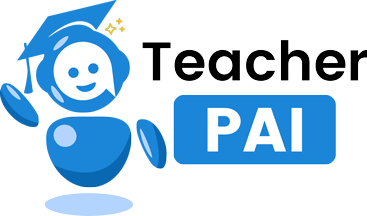"Ignite Innovation. Grow the Future."
Genius is the STEAM (Science, Technology, Engineering, Agriculture, and Mathematics) version of the Community Change Pedagogy, engaging participants in hands-on, inquiry-based projects that integrate academic learning with agricultural, environmental, and technological problem solving. Students explore scientific concepts, technological tools, engineering design processes, sustainable farming practices, and mathematical reasoning to create solutions for food systems, environmental challenges, and community needs. This program builds critical thinking, innovation, and collaboration skills while preparing participants for careers in STEAM fields with a sustainability focus.
Goals
- Integrate science, technology, engineering, agriculture, and mathematics into project-based, real-world learning.
- Strengthen problem-solving, design thinking, and analytical skills through STEAM-focused challenges.
- Promote environmental sustainability and innovation in food systems.
- Connect STEAM learning to students’ personal interests, community needs, and career pathways.
Skill Objectives
Participants will improve the following skills:
- Problem-solving skills – the ability to apply innovative thinking to challenges in academics, technology, and real-world problem contexts
- Research skills – the ability to investigate new ideas, inventions, and methods that expand knowledge and creativity
- Management skills – the ability to organize projects, experiments, and collaborative efforts to bring innovative ideas to life
Outcomes
- Increased confidence in applying STEAM concepts to real-world problems.
- Demonstrated ability to design and implement innovative, sustainability-focused solutions.
- Improved academic performance and engagement in STEAM subjects.
- Greater awareness of career pathways in STEAM, including agriculture and environmental science.
Benefits
Research shows that STEAM-focused, project-based learning:
- Develops higher-order thinking skills by integrating multiple disciplines into authentic problem solving (Thibaut et al., 2018).
- Builds career readiness by fostering creativity, collaboration, and technical competence across STEAM fields (Yakman & Lee, 2012).
- Social impact awareness – Students develop a deeper understanding of societal issues and learn how to design solutions that benefit communities, not just serve technical goals.
References
- Thibaut, L., Knipprath, H., Dehaene, W., & Depaepe, F. (2018). The influence of teachers’ attitudes and school context on instructional practices in integrated STEM education. Teaching and Teacher Education, 71, 190–205. https://doi.org/10.1016/j.
tate.2017.12.014 - Yakman, Georgette, & Lee, Hyonyong. (2012). Exploring the exemplary STEAM education in the U.S. as a practical educational framework for Korea. Journal of the Korean Association for Science Education, 32(6), 1072–1086. https://doi.org/10.14697/
jkase.2012.32.6.1072 - Manikutty, G., Sasidharan, S., & Rao, B. (2022). Driving innovation through project‑based learning: A pre‑university STEAM for Social Good initiative. Retrieved from https://arxiv.org/abs/2211.
01998





